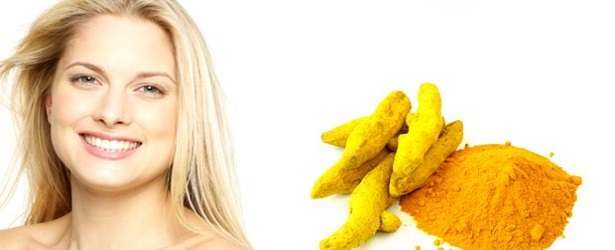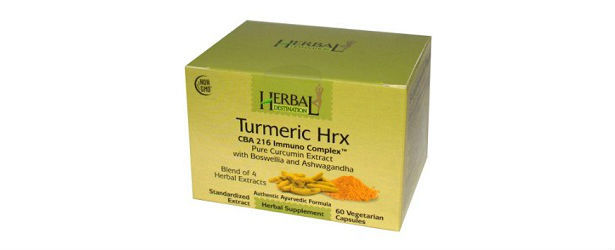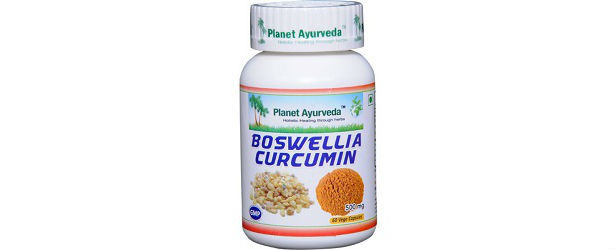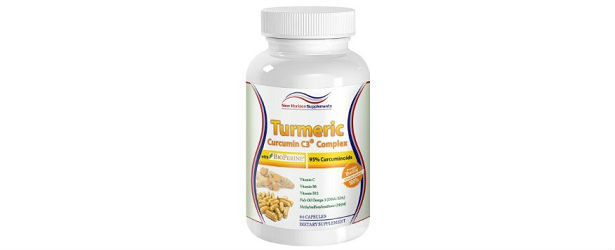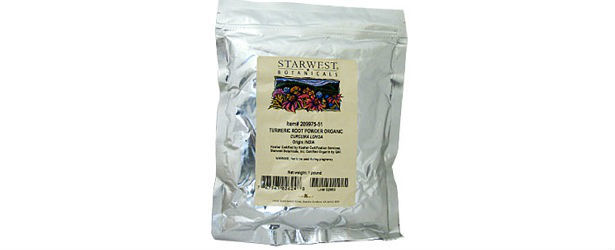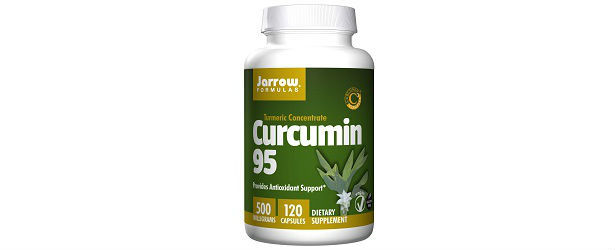
Treating Depression with the Use of Turmeric
When you are feeling down, you might be depressed. However, depression goes beyond such as it is a serious medical problem that can have negative impacts on the way you live your life, including productivity at work and how you deal with other people. According to health experts, some of the most common symptoms of depression include changes in sleeping patterns, loss of appetite, lack of stamina, irritability, hopelessness, and showing suicidal thoughts. Aside from psychotherapy, there are also prescribed medications for treating depression. However, the problem with these treatment options is the fact that they often resort into the adverse side effects. To prevent the latter, natural treatments are preferred, such as in the case of turmeric.
 What Is Turmeric
What Is Turmeric
Turmeric is a plant native in the South Asian region and used as a spice for curries. For thousands of years, more than its culinary applications, it has also been widely revered for its medicinal value. It is rich with antioxidants and anti-inflammatory properties, making it a common natural alternative for the treatment of arthritis. It is also believed to be highly influential in boosting the immune system, which makes it possible for the body to have better defense against a wide array of health problems. In research studies, turmeric has also been regarded as a viable alternative in dealing with depression.
Clinical Evidence
For those who might still be skeptic with regards to how turmeric can aid in the treatment of depression, it is worth taking a look at several clinical studies completed in the past. The latter have been accomplished to shed more light on how exactly the plant works in being able to combat depression, making it a good choice against medications. Many of these tests have been conducted in laboratory animals, with the same effect anticipated to be evident amongst humans as well.
 In 2006, from a journal called Brain Research, laboratory rats have been given curcumin and have been exposed to chronic stress to possibly examine how it impacts depression.
In 2006, from a journal called Brain Research, laboratory rats have been given curcumin and have been exposed to chronic stress to possibly examine how it impacts depression.
Based on the conclusion of the study, the supplementation of curcumin reduces the depressive symptoms that are linked to stress. Although the effects have been proven, its impacts on human remains to be a subject under further testing.
In 2008, in a journal called Psychopharmacology, it has been found out that curcumin is also responsible for the increase in the production of serotonin, which minimizes depressive thoughts and symptoms.
In 2009, from the Scientific World Journal, the effects of curcumin in serotonin and dopamine have been also evaluated. The study has also showed favorable impacts, increasing clinical evidences proving the positive link between turmeric and depression.
Considerations
You can take turmeric in fluid, capsule, or powdered form. The dosage will be dependent on what is suggested by the manufacturer of the supplement. To be sure, it is critical to have medical consultation first. If you are using anti-coagulant and anti-platelet drugs, it is also important to inform your doctor first. Lastly, carefully evaluate the reputation of the manufacturer of turmeric supplements to be assured of its safety and effectiveness.
TOP 5
TURMERICSupplements |
|||||
| Turmeric Curcumin Premium | NutriDosha | Source Naturals Turmeric | Sandhu's Curcumin C3 Complex | EverPure Turmeric Curcumin | |
|---|---|---|---|---|---|
| 1 | 2 | 3 | 4 | 5 | |
| Price (1 bottle) Price (6 bottles) Best Value |
$48.00 $138.00 |
$37.50 $225.00 |
$34.50 $207.00 |
$29.95 $179.70 |
$24.47 $146.82 |
| Overall Rating | 99.50% | 84.30% | 81.00% | 73.50% | 69.50% |
| Effectiveness |





|





|





|





|





|
| Speed of Results | Extremely Fast | Good | Good | Average | Average |
| Quality of Ingredients | Premium | Good | Average | Average | Average |
| Customer Satisfaction Evaluation | 99.20% | 86.30% | 81% | 73% | 70.30% |
| Safety Evaluation | Safe for Use | Safe for Use | Safe for Use | Safe for Use | Safe for Use |
| Customer Service Rating |





|





|





|





|





|
| Reorder Rate | Highest | Good | Good | Average | Average |
| Return Policy | Risk Free | No | Unclear | No | Unclear |
| Success Rate | 99.40% | 86.20% | 81% | 74.50% | 69% |

 Subscribe Now
Subscribe Now




